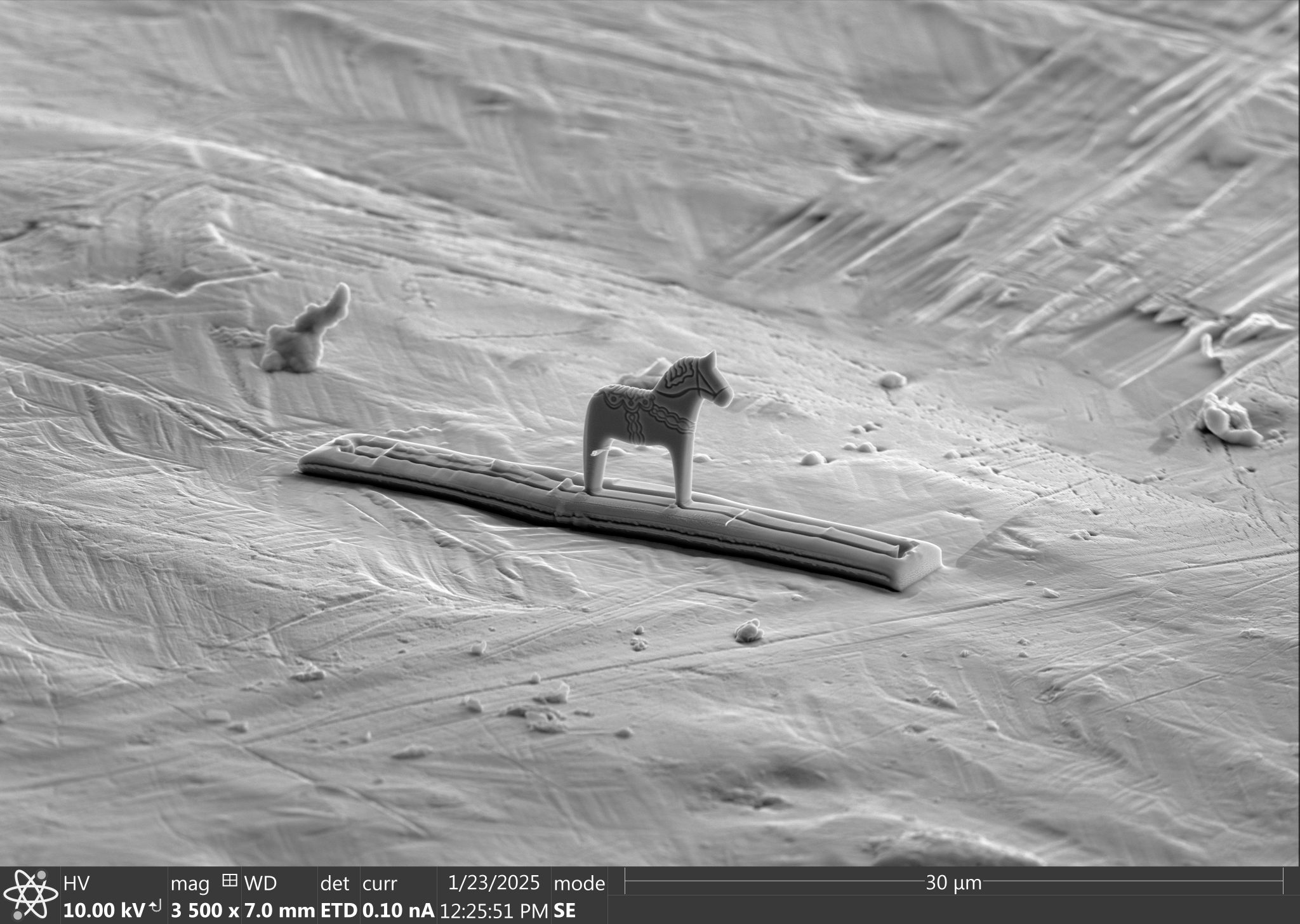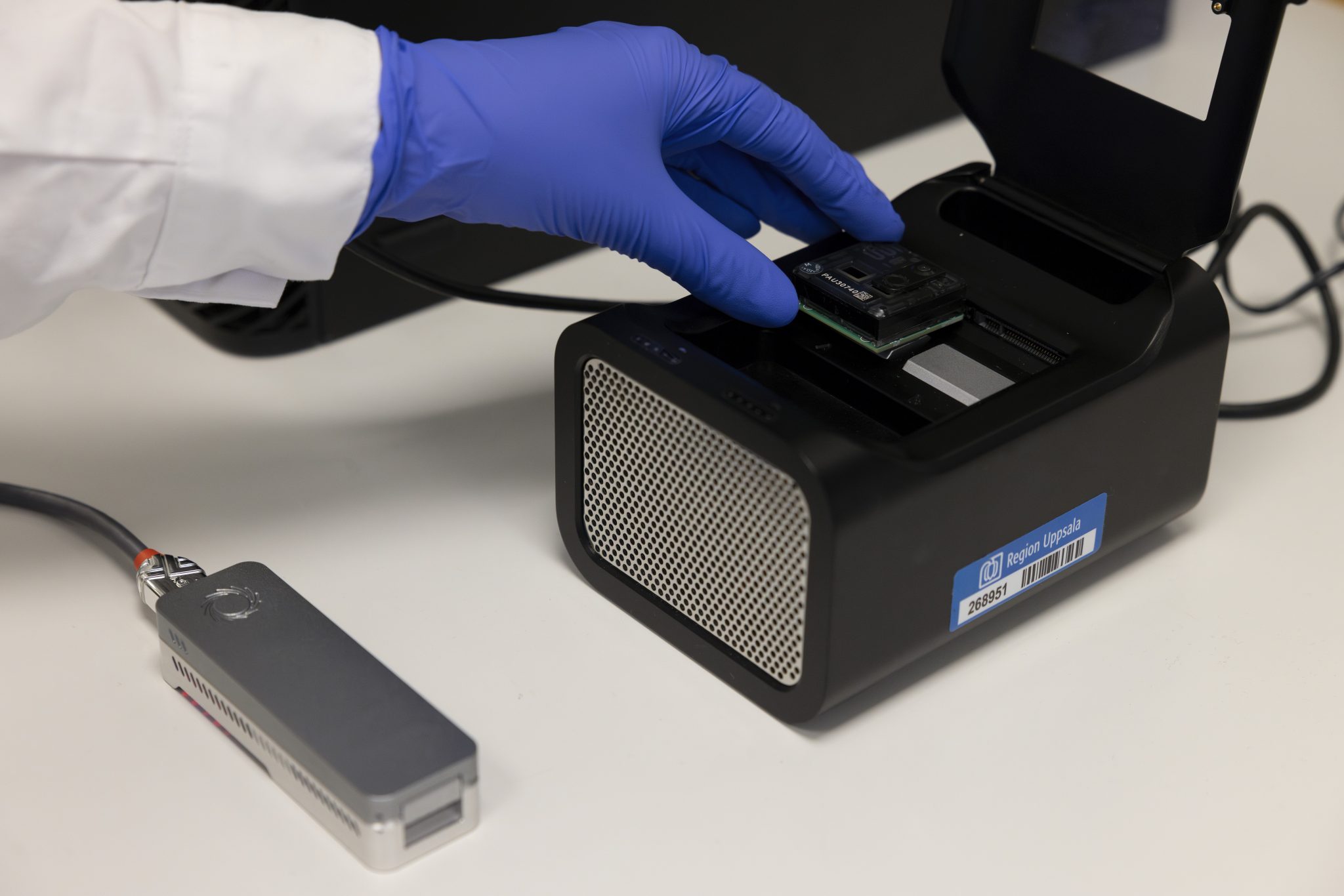The nf-core community provides computational pipelines
To help researchers analyse their data in a reproducible and accessible manner, researchers at SciLifeLab have created a community called nf-core, which provides best-practice bioinformatics analysis pipelines for use across any institute or research unit.
The capacity for data-generation within life-sciences is growing rapidly, and with it the need for analysis methods to be FAIR (findable, accessible, interoperable and reusable). Published today in Nature Biotechnology, the nf-core project aims to collect and curate best-practice analysis workflows to meet this need for analysis in the life sciences.
The project began when researchers at the National Genomics Infrastructure at SciLifeLab Sweden started building genomics workflows according to a set of strict guidelines. Joined by the Quantitative Biology Center (QBiC) at the University of Tübingen, the A*STAR Genome Institute of Singapore, the Centre for Genomic Regulation in Barcelona and the Francis Crick Institute in London, a community around these guidelines was formed which soon spread to over 30 institutes across the world.
With over 400 active members in the community, the growth of the nf-core community has been rapid. There are now nearly 40 different analysis pipelines available for data types spanning genomics, proteomics and imaging. Workflows are all built using Nextflow and have support for running on virtually any computational infrastructure (servers, HPC, cloud) with a range of software packaging methods (Docker, Conda, Singularity).
Through this community effort, the research community can work together to standardize common analyses and provide stable, reproducible workflows that anyone can run. To find out more, please visit the nf-core website or read the manuscript in Nature Biotechnology.





